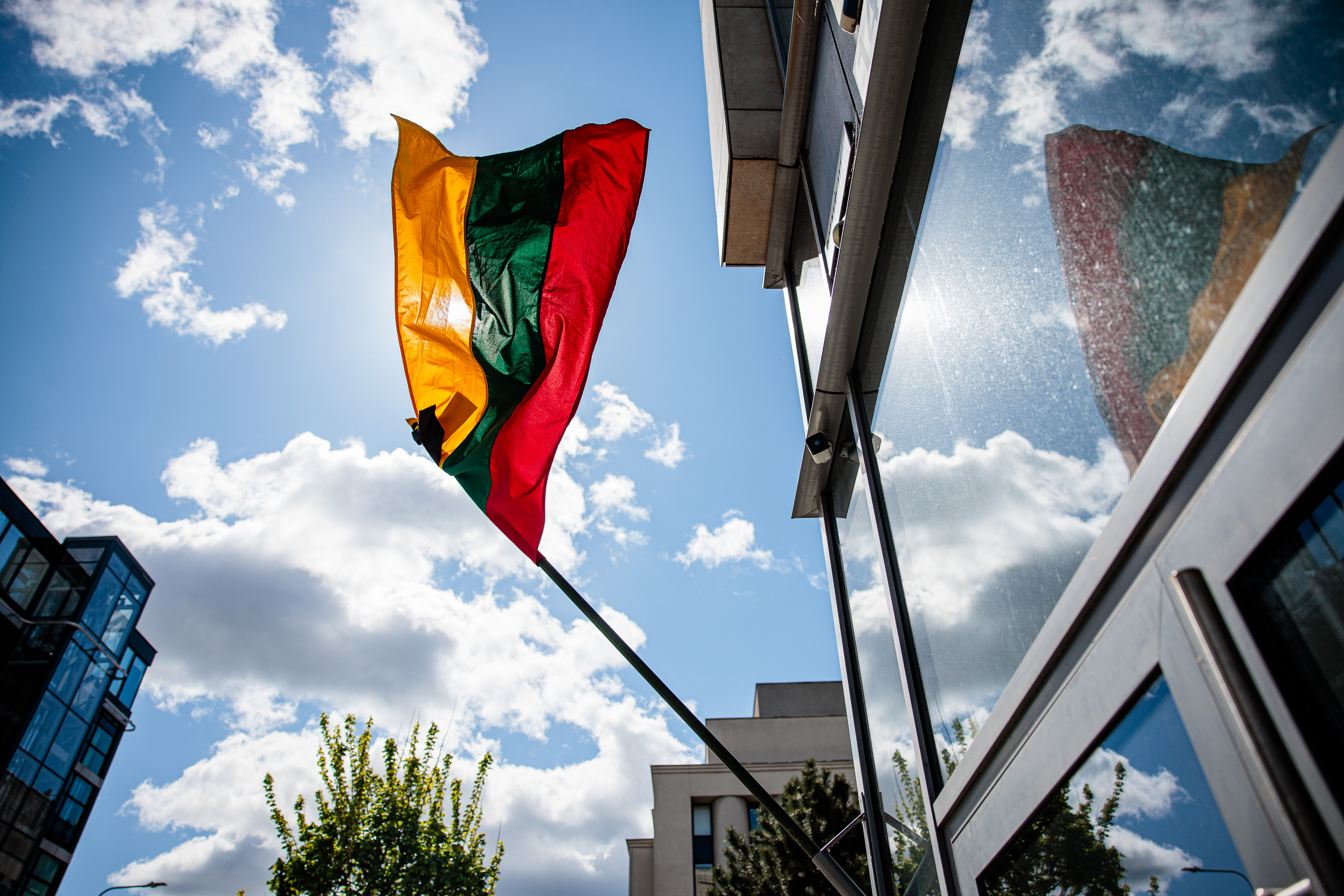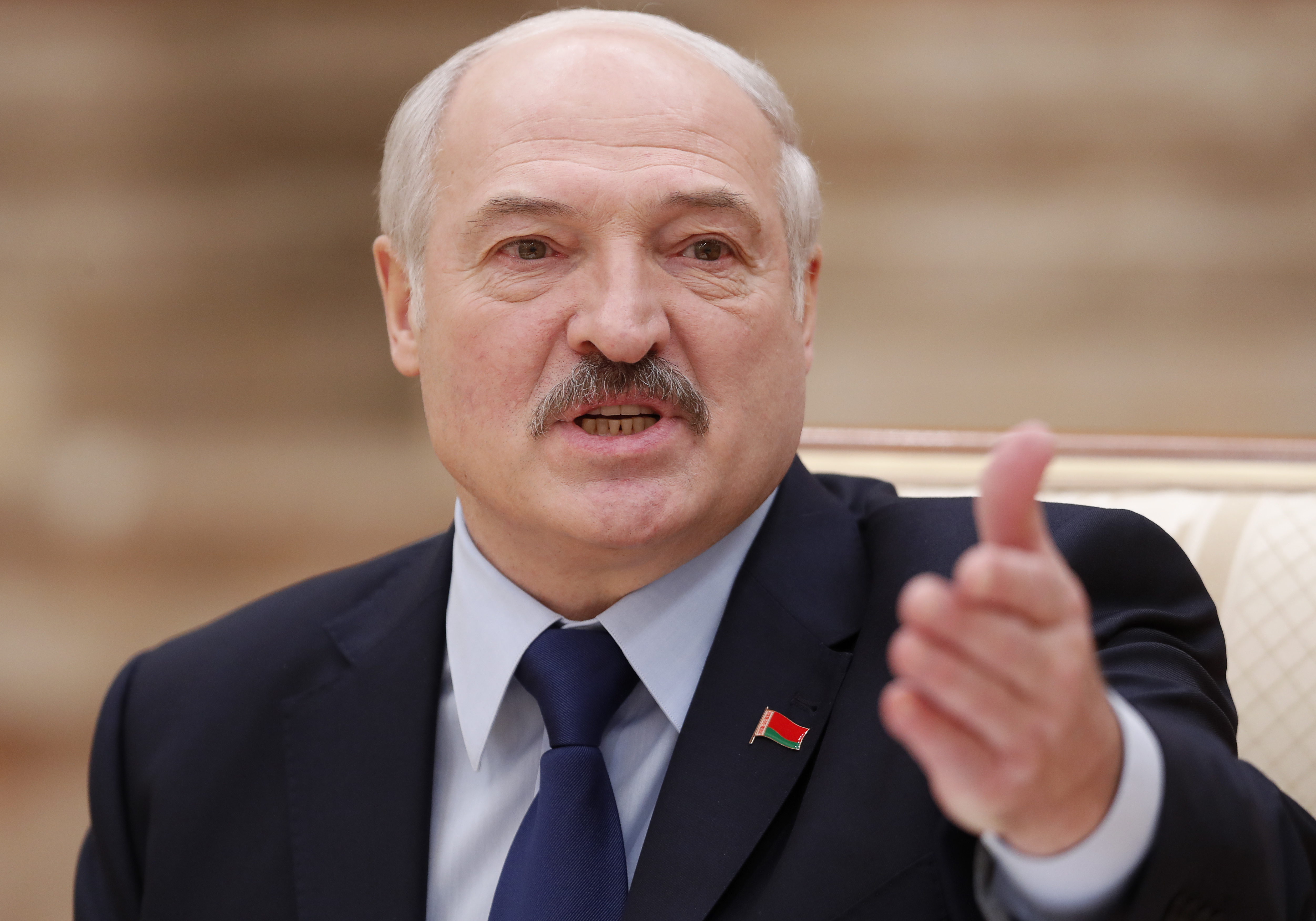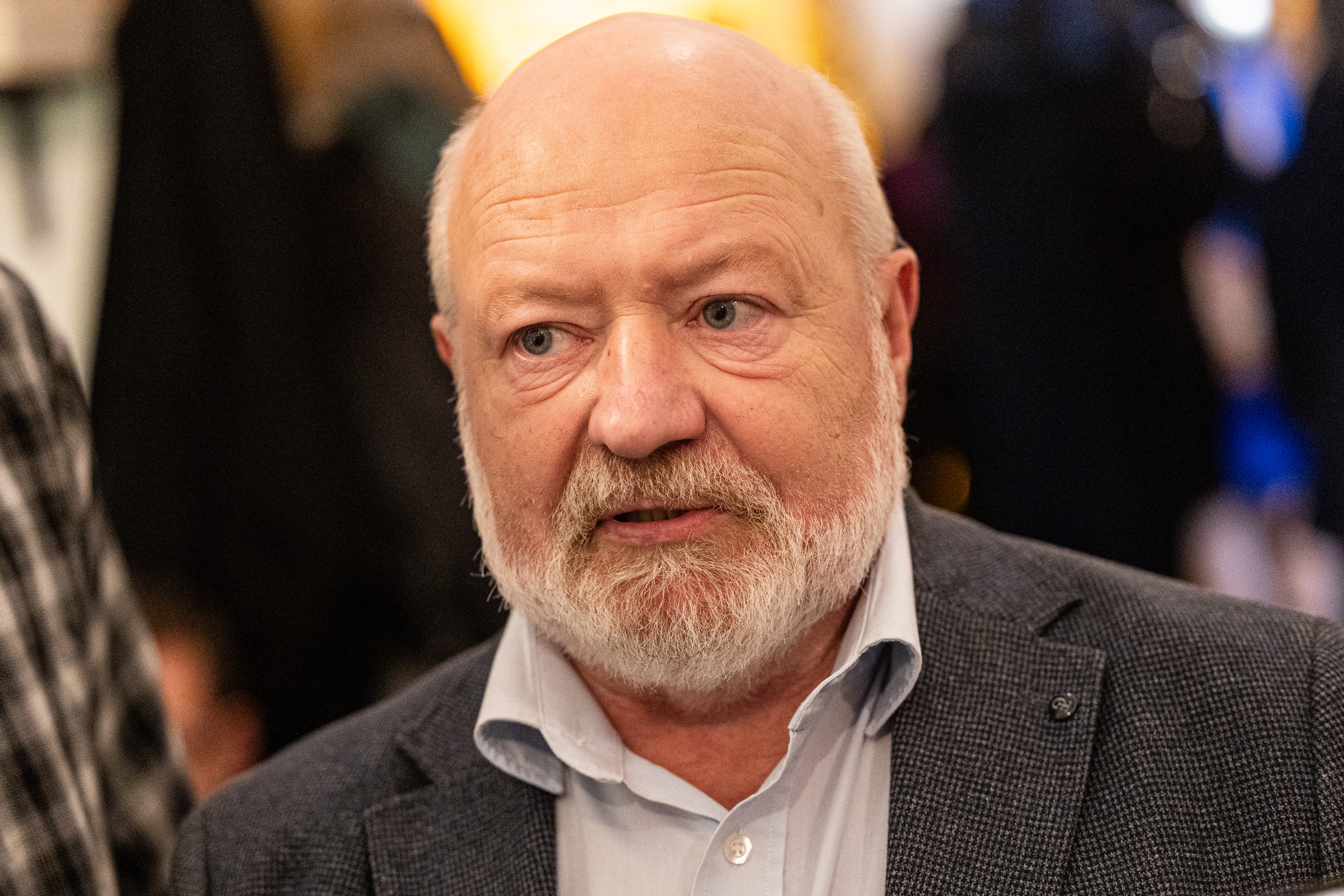Lithuania sued Lukashenko in court: what to expect from the case?

MRU law professor Justinas Žilinskas commented more on this topic.
– Is it a formal action? Can he have consequences?
– This is so interesting here is the move, because on the one hand we can look at it as a formality, because the international legal dispute is probably in the most prestigious international dispute resolution institution, that is, in the international court of justice. Now, the power of that court is, of course, that certain questions arise, as this court, like many international courts, has no coercion mechanisms. It is very important how another international community will respond to such decisions, but if the court finds that Belarus has violated this Convention, again, no state does not like the state when it is recognized that it has committed any violation. At least in terms of law, it is important and this is a serious enough thing.
– Lithuania gave Alexander Lukashenko or Lukashenko’s regime to the Hague. Immediately we imagine the Hague Tribunal, which is probably no longer 8 years old, has been sentenced to 160 people to the former Yugoslavia of the Hague Tribunal, but it is not the same?
– No, it is a completely different language about a completely different court. In this court, Lithuania did not sue Lukashenko, but sued Belarus as a state. The purpose of this court is to resolve disputes between states and this court does not decide on any criminal liability or something else. If the court found that Belarus had violated international law, he could, for example, would be charged to Lithuania for damages, but it is clear how Lithuania would recover that damages, this is another matter, much more complex. But it doesn’t really talk about a tribunal like the former Yugoslavia. Here are other types of procedures.
Photo by J. Elinsk / ELTA
– In principle, you say it’s about money. What evidence should you have then?
– Evidence is a very broad question. Required, in any case, to defend its position, to prove that the transportation of migrants was organized and that organized migrants’ transportation violated the protocol for the illegal convention for the transportation of migrants against international crime.
– Is it expected that Lukashenko will also send his representatives to this court and will be a normal case, or will it just be ignored?
– This is where serious legal fun begins, as Belarus has submitted a declaration that it has stated that it does not recognize the jurisdiction of the International Court of Justice on this issue. Even more interesting is that the declaration was submitted in 2023. The interesting thing is that Austria has protested that declaration and said that that declaration is equivalent to a contract that cannot be, since that clause is not submitted in time and the content of the clause is contrary to the object and purpose of the contract. I think the very first dispute that will rise will be whether the International Court of Justice has jurisdiction on the matter.
This is already a decision of the International Court of Justice itself and if he acknowledges that he has jurisdiction on the matter, then the process will continue. If the International Court of Justice decides that they still have no jurisdiction and the Belarusian declaration prohibits the realization of jurisdiction, the process will stop here.
– How much do such cases last?
– Very differently: it can last three years, can last five years, can last seven years. The court’s graphs and all the other things are here.
MRU law professor Justinas Žilinskas commented more on this topic.
Photo by EPA-ELTA
– Is it a formal action? Can he have consequences?
– This is so interesting here is the move, because on the one hand we can look at it as a formality, because the international legal dispute is probably in the most prestigious international dispute resolution institution, that is, in the international court of justice. Now, the power of that court is, of course, that certain questions arise, as this court, like many international courts, has no coercion mechanisms. It is very important how another international community will respond to such decisions, but if the court finds that Belarus has violated this Convention, again, no state does not like the state when it is recognized that it has committed any violation. At least in terms of law, it is important and this is a serious enough thing.
– Lithuania gave Alexander Lukashenko or Lukashenko’s regime to the Hague. Immediately we imagine the Hague Tribunal, which is probably no longer 8 years old, has been sentenced to 160 people to the former Yugoslavia of the Hague Tribunal, but it is not the same?
– No, it is a completely different language about a completely different court. In this court, Lithuania did not sue Lukashenko, but sued Belarus as a state. The purpose of this court is to resolve disputes between states and this court does not decide on any criminal liability or something else. If the court found that Belarus had violated international law, he could, for example, would be charged to Lithuania for damages, but it is clear how Lithuania would recover that damages, this is another matter, much more complex. But it doesn’t really talk about a tribunal like the former Yugoslavia. Here are other types of procedures.
– In principle, you say it’s about money. What evidence should you have then?
– Evidence is a very broad question. Required, in any case, to defend its position, to prove that the transportation of migrants was organized and that organized migrants’ transportation violated the protocol for the illegal convention for the transportation of migrants against international crime.
Full LNK Report – In Video:
– Is it expected that Lukashenko will also send his representatives to this court and will be a normal case, or will it just be ignored?
– This is where serious legal fun begins, as Belarus has submitted a declaration that it has stated that it does not recognize the jurisdiction of the International Court of Justice on this issue. Even more interesting is that the declaration was submitted in 2023. The interesting thing is that Austria has protested that declaration and said that that declaration is equivalent to a contract that cannot be, since that clause is not submitted in time and the content of the clause is contrary to the object and purpose of the contract. I think the very first dispute that will rise will be whether the International Court of Justice has jurisdiction on the matter.
This is already a decision of the International Court of Justice itself and if he acknowledges that he has jurisdiction on the matter, then the process will continue. If the International Court of Justice decides that they still have no jurisdiction and the Belarusian declaration prohibits the realization of jurisdiction, the process will stop here.
– How much do such cases last?
– Very differently: it can last three years, can last five years, can last seven years. The court’s graphs and all the other things are here.
– It may be that even if Lukashenko or his regime would no longer be, would Be Belarusian as a state?
– Of course, yes. If the situation changes, Belarus is still considered responsible as the state. But again, the court leaves the states to agree and otherwise.
– Could Poland expect to apply to such a court of justice?
– Poland, Latvia could join third countries, say, on the Lithuanian side, so that you don’t have to do the same job.





:format(webp)/s3/static.nrc.nl/wp-content/uploads/2025/05/31183300/web-3105BUI_Gaza06.jpg)



